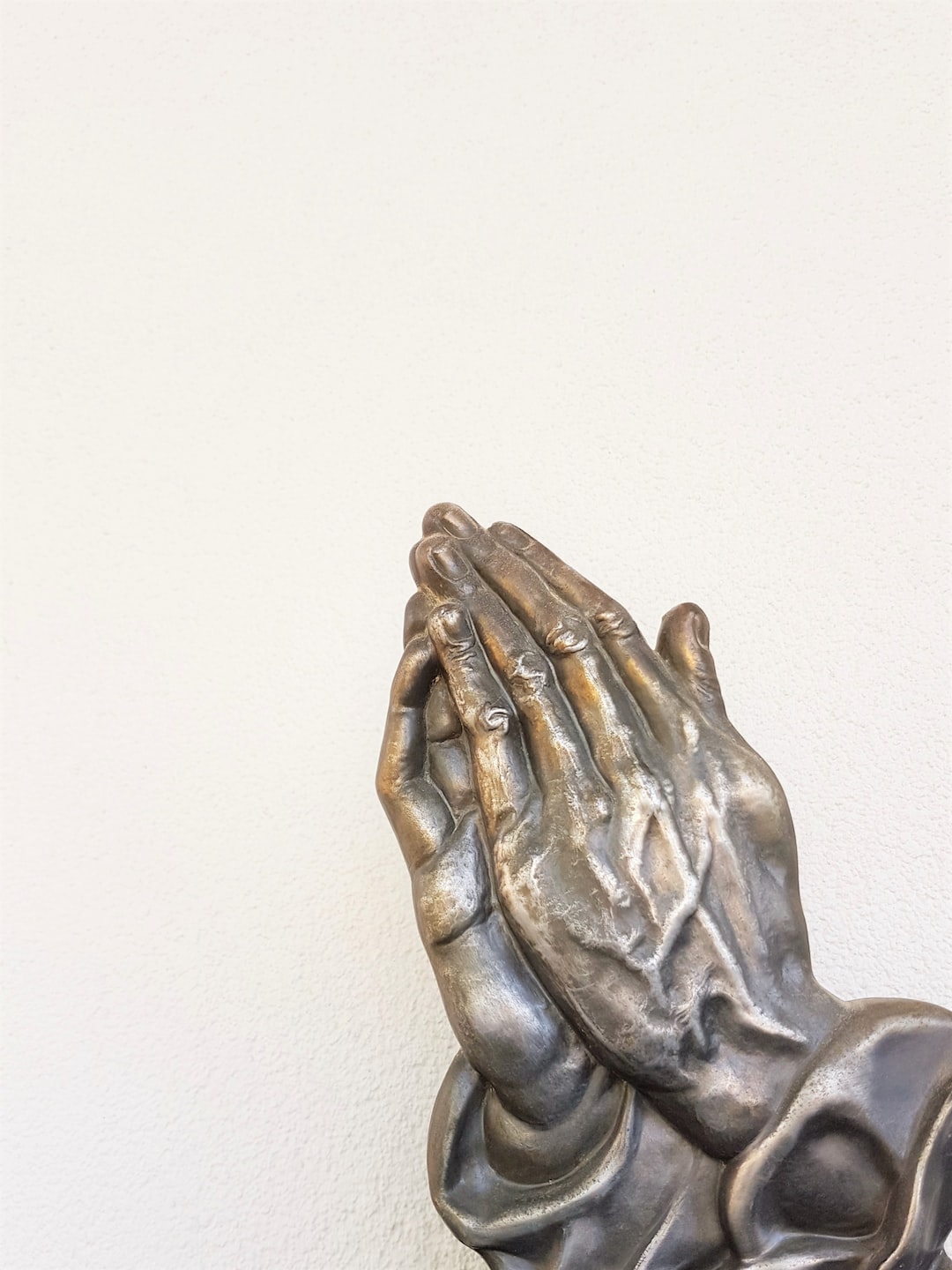Challenging Stereotypes: Learning From Uncommon Religious Practices
Religion has often been a subject of scrutiny and misunderstanding, particularly when it comes to practices that deviate from what is considered the norm. Uncommon religious practices, which fall outside the mainstream, have often faced condemnation and stereotypes due to the lack of understanding. However, by delving deeper into these practices, we can challenge our preconceived notions and learn valuable lessons about tolerance, diversity, and the human experience.
One example of an uncommon religious practice is the Jain tradition of Santhara, also known as Sallekhana. Santhara refers to a voluntary fast-unto-death practiced by devout Jains when faced with incurable illness or old age. This practice has been viewed by some as extreme and even suicidal. However, by understanding the philosophical underpinnings of Santhara, we can gain insights into the Jain concept of non-violence, detachment, and liberation from worldly attachments.
In Jainism, the ultimate goal is to attain moksha, or liberation from the cycle of birth and death. By embracing Santhara, Jains see it as a way to detach themselves from earthly desires and focus on their spiritual journey. This practice challenges our stereotypes by forcing us to rethink our definition of life and death. It teaches us that there can be alternative perspectives on what constitutes a meaningful life and that personal choices regarding one’s own death can be rooted in profound spiritual beliefs rather than mere despair.
Another uncommon religious practice that challenges stereotypes is the Bishnoi community’s stance on environmental conservation. The Bishnois, a sect within Hinduism, have long been recognized for their dedication to nature preservation. They adhere to the belief that all living beings deserve respect and protection, and their environmental practices reflect this belief.
The Bishnois have been known to sacrifice their lives to save trees from deforestation or protect animals from harm. This deep reverence for nature and all living creatures challenges the stereotypical view of religious followers as indifferent to environmental concerns. Instead, the Bishnois show us that spirituality can inspire actions that prioritize the well-being of our planet over personal gain.
In examining these uncommon religious practices, it becomes evident that they offer valuable lessons about tolerance and acceptance. By embracing and learning from these practices, we can foster a society that appreciates diversity and celebrates the richness of different beliefs and traditions.
Moreover, challenging stereotypes helps us question our own biases and preconceived notions. By delving into the reasons behind these practices, we gain a better understanding of the complexities of human experiences and the role that religion plays in shaping them.
These uncommon religious practices shed light on the diversity within religions themselves, reminding us that there is no monolithic representation of any faith. Like any human endeavor, religious practices are subject to interpretation and evolution over time. By challenging stereotypes, we create space for dialogue and acceptance, allowing for the mutual enrichment of different belief systems.
Furthermore, learning from uncommon religious practices can prompt us to question our own perspectives and practices. It encourages us to examine the rigidity of our own religious beliefs and consider whether they hinder our capacity for empathy and understanding. By being open to learning from diverse religious practices, we can expand our own spiritual horizon and cultivate a greater appreciation for the rich tapestry of global faiths.
In conclusion, uncommon religious practices challenge stereotypes and offer valuable lessons about tolerance, diversity, and the human experience. By embracing these practices, we can gain a deeper understanding of different faiths, question our own biases, and foster a society that celebrates diversity. Let us approach these practices with an open mind and heart, so that we may continue to grow and learn from one another.

